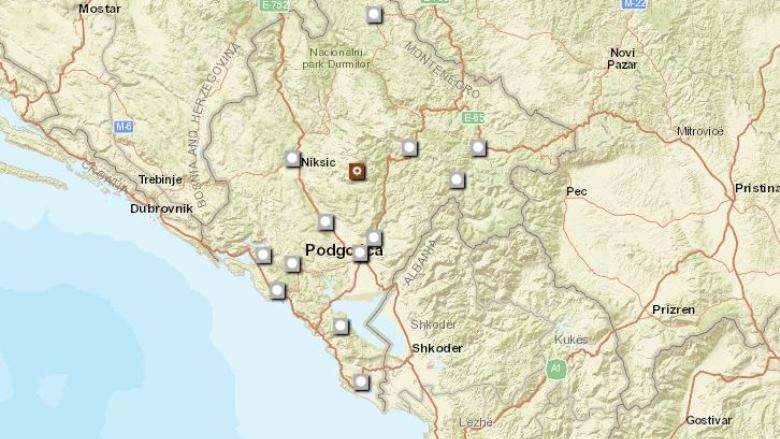Recent Economic Developments
GDP growth slowed from 6.3% in 2023 to 3.0% in 2024. Although private consumption and investment remained robust, supporting growth, a 5% decline in tourist overnight stays and stagnant industrial production due to a decline in electricity production negatively impacted net exports and overall growth. Meanwhile, employment continued to expand across all sectors. 2024 LFS data show an employment rate of 56.4% and an activity rate of 64.3%, with unemployment falling to 11.5%. By December 2024, average net monthly wages had risen to €1,012, marking a 21.7% YoY real increase following the pension contributions cuts. Inflation dropped to 3.4% in 2024, a significant decrease from 8.6% in 2023. Poverty (income below $6.85/day in 2017 PPP) is projected to have declined to 8.9% in 2024.
The financial sector remains robustly capitalized and liquid, with strong credit growth. As of December 2024, the capital adequacy ratio stood at 19.4%, and non-performing loans dropped to 4.1% from 5.8% a year ago.
In 2024, the current account deficit (CAD) widened due to lower service exports and a decline in net income accounts. Net foreign direct investment (FDI) grew by 13%, covering just over a third of the CAD, with the remainder covered by new debt. The fiscal deficit rose to 3.1% of GDP in 2024. Despite the absence of one-off revenues that contributed to a budget surplus of 0.6% of GDP in 2023, revenues still grew strongly by 7%. The largest contributions to revenue growth came from VAT and CIT. Meanwhile, expenditures increased by 17%, primarily due to higher social spending (including higher minimum pensions) and increased capital expenditures. Public debt is estimated at 61.3% of GDP, with around 4% of GDP held in deposits.
Economic Outlook
Amid an unfavorable global outlook and trade policy uncertainties, GDP growth is projected to average 3% during 2025-27, primarily driven by private consumption and investments. Higher net real wages, credit growth, and solid employment are expected to drive a 3% growth in 2025, despite the closure of the Pljevlja thermal power plant for reconstruction, which will require increased energy imports. The CAD is projected to widen to 18.5% of GDP in 2025 due to higher energy imports, with just over a third of it financed by net FDI, the rest financed through new borrowing. Inflation is expected to soften to 2.9% in 2025 and further to 2.3% in 2026. Poverty is projected to decline to 7.5% in 2027. Most of the poor are chronically unemployed, students, or out of the labor force, mainly in the northern region. Thus, reducing poverty requires targeted policies alongside sustained economic growth.
The fiscal deficit is expected to increase in 2025 to approximately 4% of GDP before gradually declining to 3.6% in 2027. Implementing additional fiscal consolidation measures would enhance fiscal performance. Public debt is expected to rise to around 65.8% of GDP in 2027. Ensuring debt sustainability will necessitate fiscal discipline, particularly given the significant financing needs over 2025-27 and elevated external financing costs. Downside risks include extended geopolitical and trade uncertainties that could have significant additional adverse indirect effects on Montenegro’s growth through its main trading partners.
Last Updated: May 06, 2025






